
Lynda Charters

Lynda Charters Enoch started her early “eye life” at the Schepens Eye Research Institute, Boston, which ultimately culminated in her current position as an Editor of Ophthalmology Times.
Articles by Lynda Charters



Extended treatment intervals with bevacizumab preserved vision of many patients with high baseline vision.

The prevalence of AMD features in Republic of Korea Air Force pilots was higher than in other general populations studied.


Wang and colleagues conducted a retrospective case series patients with full-thickness macular holes.

The investigators explained that the survival rate of patients with retinoblastoma has improved significantly as a result of intra-arterial chemotherapy and enucleation surgery.

Gildeuretinol halts Stargardt disease progression for up to 6 years.

The International Headache Society has provided criteria for visual snow syndrome (VSS).

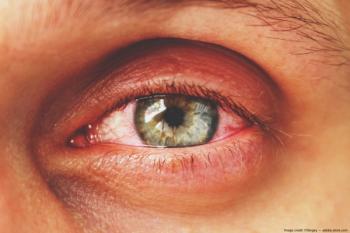
Observing potential cases highlights the importance of monitoring and reporting, contributing to a comprehensive understanding of therapeutic effects.

The good news for patients is that GA is transitioning from an untreatable disease to a potentially treatable one with development of new therapies to reduce the growth rate, and use of anti-complement therapies have caused the growth rate of GA lesions to decrease.

Research indicates smoking increases risk of AMD, cataracts and glaucoma


Investigators believe that AMD and cancer may have similar risk factors in common.

ChatGPT-4 (OpenAI) had an overall “fair” performance when answering multiple-choice ophthalmic questions unrelated to multifocal imaging.
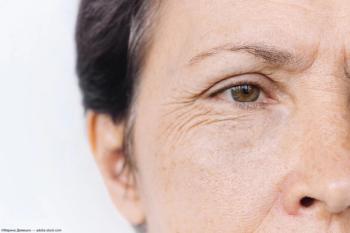
Early detection of the disease is key to optimal patient outcomes

Day 2 program of the 2024 COPHy conference.

The 2024 15th annual Controversies in Ophthalmology Congress will convene March 15 and 16 in Athens, Greece.

Lowe syndrome, a genetic disease, affects about 1 in 500,000 people in the general population.

RVO can significantly reduce vision-related quality of life, particularly in more severe cases.

The authors suggested genetic mutation may relax the body’s defences and allow harmful bacteria to reach the eye.
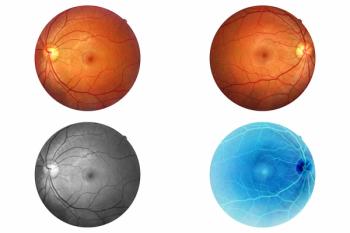



The treatment is a minimally invasive intravitreal injection that can be performed with a topical anesthetic.
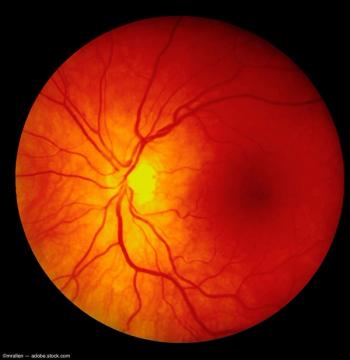

AI matched and outshone human specialists.

A new study shows that much of an older person with visual impairment's physical activity is achieved at home. Improved home lighting can help increase those at-home activity rates.
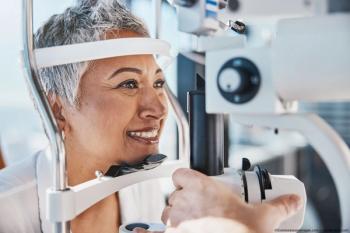
New treatments for geographic atrophy coming down the pike has the potential to change eye care providers' approach to identifying and managing the disease.
